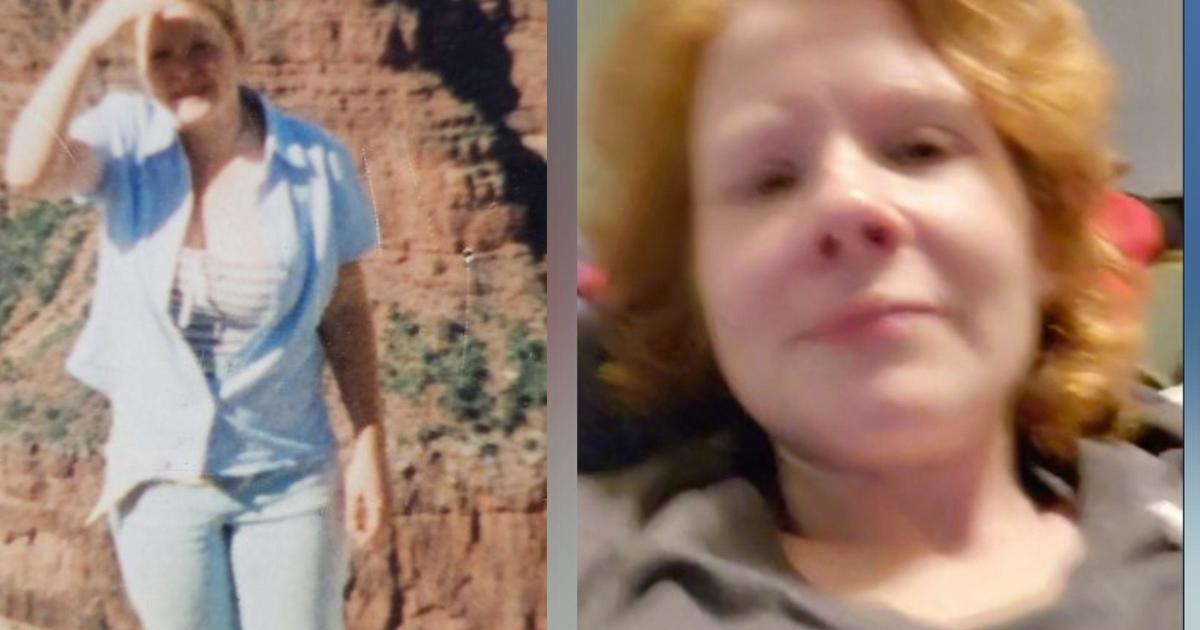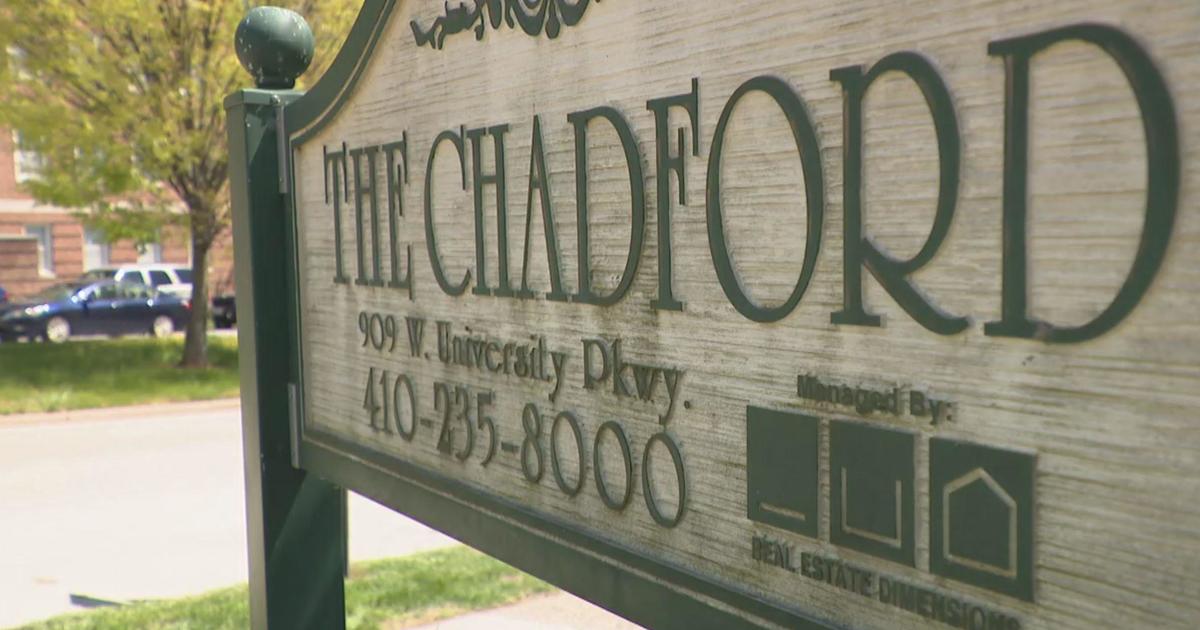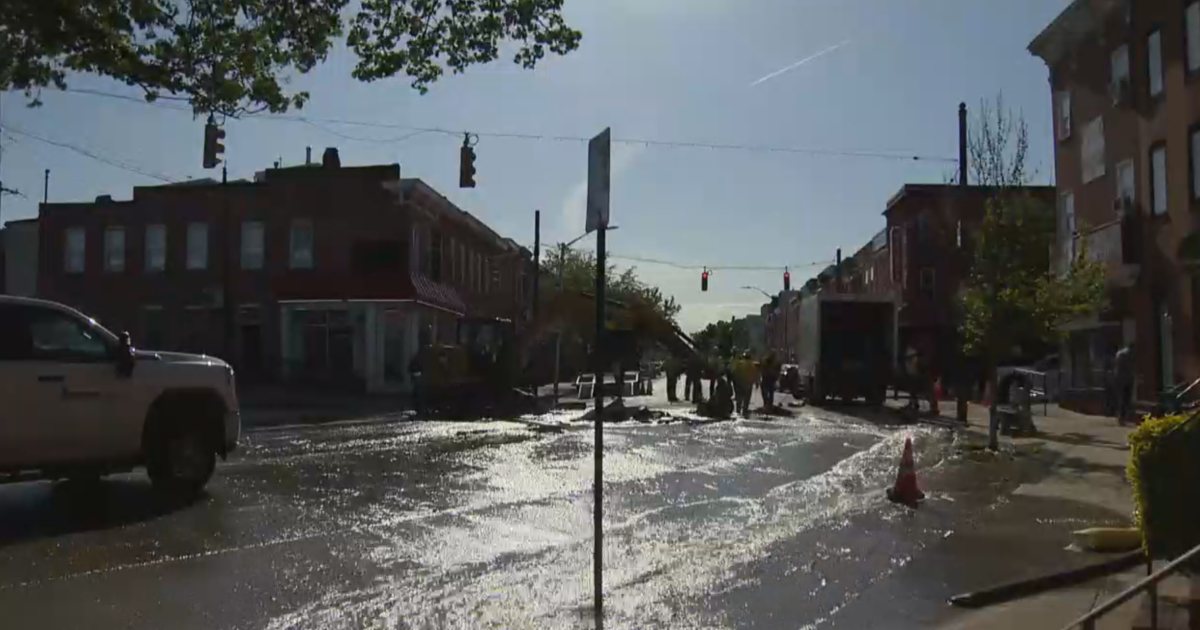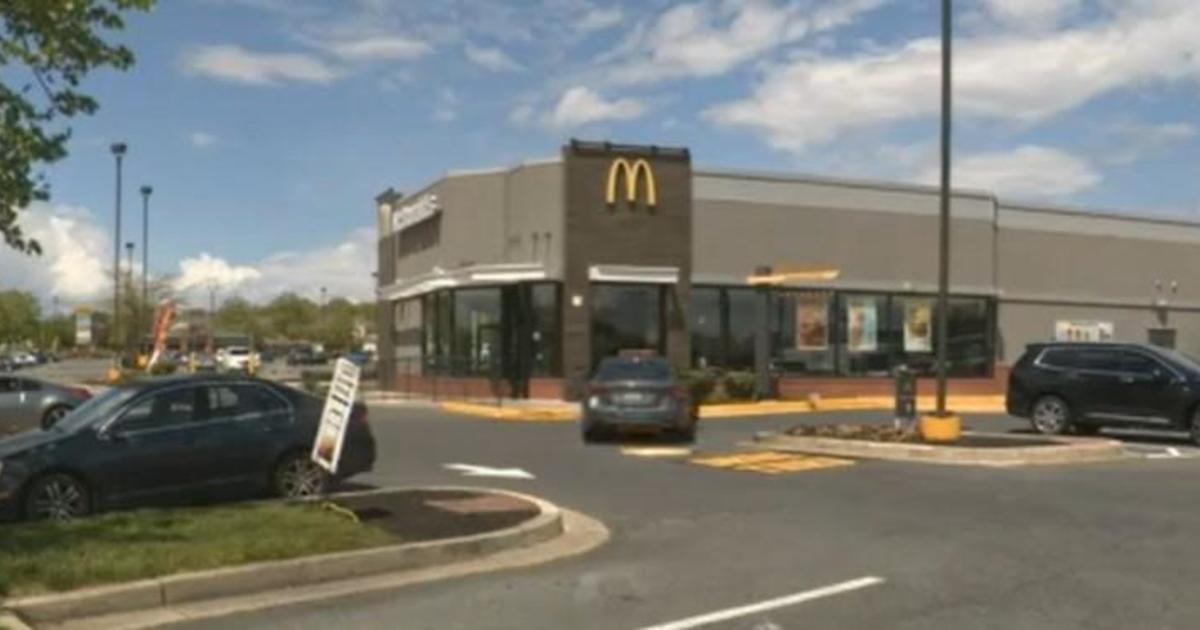'I Am A Very Lucky Girl': Woman's Hardships Part Of New Holocaust Museum Exhibit
WASHINGTON (WJZ)-- It is painful for Herta Griffel to look at some of the pictures and documents from her childhood in Vienna.
In the image, she's just seven. She has her arm draped around her mother's neck. Shortly after the picture was taken, her mom made the toughest decision of her life.
It's 1938, Herta's father had been sent to a work camp where he died. Her mother tried to run the family's small grocery store. Non-Jews would come in and take things and leave without paying. Herta says there was no one to go to to complain or file charges. Then came Kristallnacht, when the windows were broken out of thousands of Jewish businesses and synagogues in Germany, Austria, and Czechoslovakia. Soldiers then broke down the door to their home and took anything of value.
After that happened, Herta and her mom went to live with an aunt. It's then that her mom decided to send Herta to America.
A few weeks ago, the Holocaust Museum in D.C. opened a special exhibition looking at how the Great Depression and Antisemitism shaped how America responded to the Nazis, World War II and the Holocaust. Herta was a special guest to see it before it opened to the public. The Museum says the exhibition comes at a critical time as a recent study indicates that two-thirds of Americans cannot identify that the Auschwitz was a concentration camp.
Herta barely remembers the boat ride over. It came at a time when Americans were split on whether to accept Jews fleeing from Nazi Germany. WJZ caught up with her as she took a behind-the-scenes tour of the U.S. Holocaust Museum in Washington D.C.
"I'm sure my mother went through a very hard time leaving me... I wish I knew her better," she recalled.
She spent a short while in New York City before the Associated Jewish Charities found her the first of two foster homes in Baltimore.
She does remember going up the steps of a row house where her first foster mother said, "Where have you been all my life?"
Such memories and the volumes of documents needed to leave Nazi Germany and occupied countries now are part of a new exhibit at the Holocaust Museum.
A picture of Herta's elementary school class is there.
"Here I am...." Herta says as she points to an large interactive monitor that lies flat like a desk.
When looking at the picture she remarked that until recently she thought she was one of the only children from her Jewish elementary school to survive the Holocaust.
"I was very, very emotional about that, as you might imagine, seeing myself in a picture. I must have been 6 and a half."
Later, her mother died in a concentration camp. Herta believes she was shot. She's thankful that her end came quickly without the suffering that was seen in other camps.
After the war, the German government sent her a check for $172 in reparations for her mother's life. She gave it to the Associated Charity.
Herta says, when growing up, she did not like all the people who would call her lucky. She does not think of herself as a victim, she prefers the term: survivor.
Victims, she says, suffered far more than her. An though, in her childhood, she did not like being told she was lucky, she's come around and in the middle of the new exhibit that features her life she admits, "At the end, I am a very lucky girl."
Follow @WJZ on Twitter and like WJZ-TV | CBS Baltimore on Facebook



